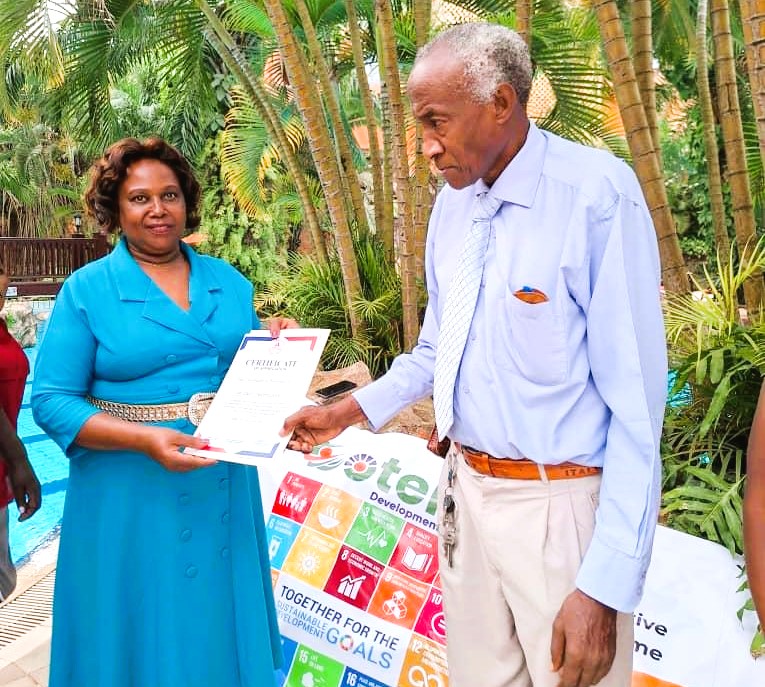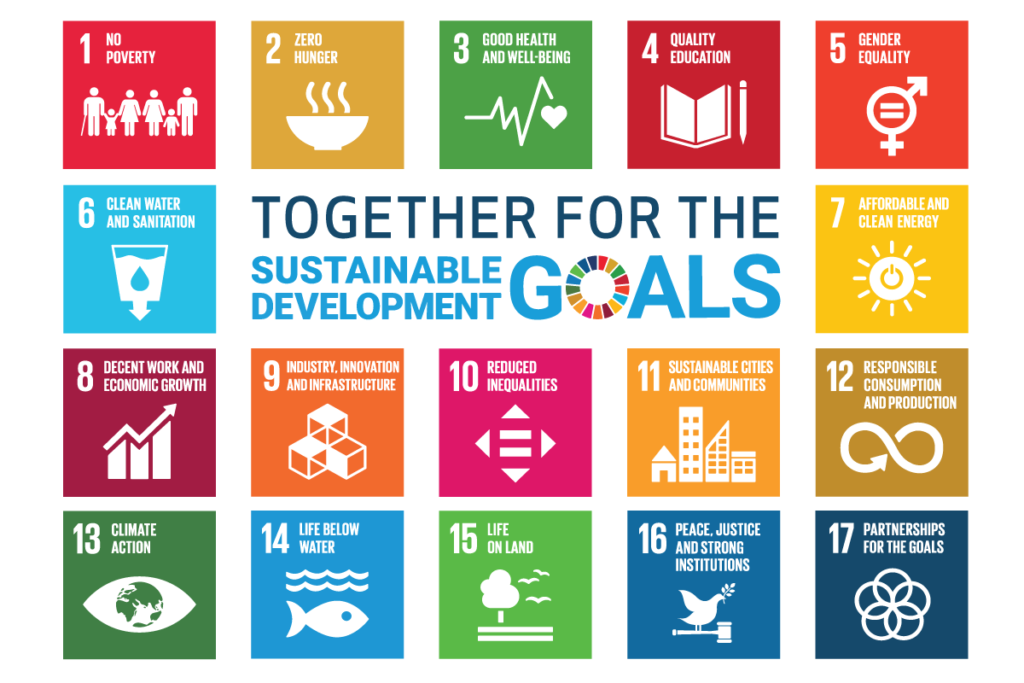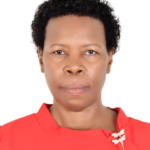United Against Plastic Pollution: A Call to Action…
As we observe World Environment Day today June 5, 2025, the theme “United Against Plastic Pollution” highlights a critical issue…

Our Organization uses a Community Led Development approach dubbed Accelerated Collective Action (ACA) aimed at ending extreme poverty and hunger, whereby communities are mobilized for action and change towards meeting SDGs and self-reliance.
Accelerated Collective Action combines facilitated meetings, visioning, mindset change, community capacity building, action planning by households and the community, in order to impact individual livelihoods and creating a sense of social cohesion within the whole communities.
Accelerated Collective Action, is a community activation process, whereby communities, households and individuals are brought together to plan and unlock a local capacity for change.
To positively impact the lives of the poor and marginalised by creating opportunities for creativity, innovation, participation, growth and development.
Empowered, Creative and Thriving Communities leading lives of plenty.


In the face of social suppression, focused and sustained action is required to awaken people to the possibility of self-reliance, build confidence, and organize communities to take charge of their own development.
Our inherent nature is creative, resourceful, self-reliant, responsible and productive. We believe people have the capacity to be innovative and are major resource.
Our actions are shaped by, and affect, all other people and our natural environment. Poverty and marginalisation are not problems of individuals but all members of society and therefore need to come together.
Poverty is inextricably linked to a nexus of issues including decent work, health, education, environmental sustainability and social justice. Only in solving these together will any of them be solved on a sustainable basis.
In order to improve service delivery CDI has formulated and instituted a number of polices and operational documents including the constitution, governance manual, strategic plan, and mainstreaming policies of gender, HIV & AIDS and environment.
These policies and guidelines have facilitated structural adjustments and improvements including instituting board committees to guide operations.
A two day training workshop was organised and held on for CDI members, staff and partners on organisational development and leadership. The main objective of the workshop was to enhance understanding of the concepts of organisational development; enhance leadership and management skills of Board, staff and CDI members; enhance governance at the Secretariat, and enhance effectiveness and efficiency in service delivery.
The workshop brought out capacity needs for the organisation that still need to be addressed particularly the need to further training for each to better understand their roles and responsibilities, need for a governance manual, joint initiatives and regular meetings with partners as well as monitoring meetings between the Secretariat and Board.
This was a four day training for CDI staff, members, and Board. The overall aim of the training was to equip them with knowledge and skills in Networking, Lobbying and Advocacy in order to uplift the organisation’s capacity to do the same.
The training was able to introduce members to a new concept “Study circle methodology”. A study circle is a free and voluntary study of conditions and opportunities for humanity, society, working life, nature and culture in the surroundings. It is a small group of people of 7-12 people who during a certain period have 5-10 meetings to carry out planned studies under the leadership of an accepted leader. The concept encourages community learning and development.
CDI engagement with community group members was joined with the formation of strategic linkages where CDI sourced for skills from its members and shared them with the community groups. For example, in community partnership, some members supported and trained others in Livelihood projects in:
A Farmer Empowerment and livelihoods improvement was through Irish Potato production and its value chain enhancement project was started in Kyanamira Sub County, Ndorwa County, Kabale District, and South Western Uganda. The project aims at providing bulk marketing for the people in area in addition to demonstrating good practices in production, packaging and post harvest handling.
In addition, CDI implemented value addition and market linkage development in Kiboga district to help farmers take advantage of the NAADS program; Value addition and market linkage development, Bushenyi District – Nyabubare Sub-county, working with 12 groups in making and bottling juice and wine; Farmers Technical Assistance and Capacity Development, Mbarara/ Kiruhura Area, Training farmers in entrepreneurship development; empowering communities in Community Based Monitoring (CBM) to engage and enable the community to monitor impacts of government and CSO poverty eradication program for intended beneficiaries; and many others!
A three day training was also held to equip partners with policy formulation and analysis skills and also sensitise them on existing national, regional and international strategies and policies in regard to the lives of the poor and marginalised.
Members were also equipped with knowledge and skills on how to advocate and engage leaders, communities and development partners in the process of policy formulation.
The training was designed to enhance staff knowledge and therefore improve their capacity in the identified areas of Resource Mobilisation, Financial Management and Record keeping.
The four day training was carried out to equip focal persons for gender and HIV/AIDS mainstreaming partners with adequate knowledge and skills to understand and apply the mainstreaming concept, help participants understand how issues around HIV/AIDS and gender mainstreaming in everyday life and workplaces, help participants gain skills on how monitoring of mainstreaming activities and results can be done effectively and giving suggestions or templates of tools that can be used for monitoring and facilitate identification of key areas for various member organisation that need attention to ensure mainstreaming efforts yield results.
CDI was able to mobilise communities to contribute rehabilitate one local nursery school in Kabale District.
The women program saw 30 women come together for a poultry group. The women contributed 2,000 UGX each and were able to buy hens for the project and start a nursery tree project.








As we observe World Environment Day today June 5, 2025, the theme “United Against Plastic Pollution” highlights a critical issue…
Side Event: Localizing the SDGs: A Youth–Parliamentarian RoundtableDate & time: April 8, 2025, 1 pm – 2.30 pmVenue: Majestic Room,…
Today September 20th is now officially recognized as World Cleanup Day, by the United Nations. This initiative unites people from…
© 2025. Coterie Development Initiative. All Rights Reserved.